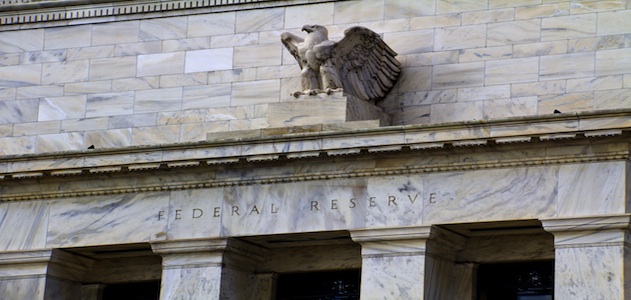It's the little things that mean the most.
Goldman Sachs (GS) economist Alec Phillips believes Janet Yellen will be nominated to serve as the next chair of the Federal Reserve. This is no surprise, the vice chair maintained the pole position after former Treasurer Larry Summers withdrew his bid.
According to Phillips, Janet Yellen is likely to be nominated on either October 1 or 2.
How did he come to this conclusion?
Well, President Obama needs to do the nominating, and Yellen needs to be standing right behind him when he does it.
So in order to get both busy, busy people into the same room together, their schedules need to synchronize. Can't be this week, the President is too busy with the UN general assembly, the Goldman economist suggested.
Early next week won't work either, as the president needs to extend spending authority to avoid the September 30 deadline for a government shutdown.
And considering the nomination process will take up to three months, Obama won't want to put this off to mid-October or further.
And between Obama and Yellen, who is the busier of the two?
"It also is worth noting that Yellen has cancelled a speech planned for October 1 hosted by the Economic Club of New York," writes Phillips in a note to clients this morning. "The President is scheduled to attend meetings in Asia October 6 to 12."
Of course, the role of Fed chair is relevant to HousingWire readers insomuch as it impacts mortgage-backed securities via quantitative easing and mortgage rates via ZIRP. Goldman doesn't expect Yellen to dramatically change monetary policy.
"We expect the Fed to announce that it will begin tapering asset purchases by $10bn at its December 17-18 meeting, so to the extent the Fed's stance on asset purchases did pose a problem, it will probably change before the critical vote [to confirm Yellen] takes place," Phillips concludes.
I like this way of thinking, for all of the bluster surrounding the nomination process, this analyst is making the most sense.
Suddenly, Yellen's casual cancellation doesn't seem so casual. Indeed, it looks like a well-calculated strategy aimed at moving the Fed nomination forward.
Considering October 1 and 2 is early in the weekly news cycle, the strategy fits with the administration's past trend to launch news with such a timing that journalists have plenty of days to talk about it before going into the weekend.
The early October announcement works because it's the only time that suits everyone's schedule.
What would be really inconvenient, however, would be if the Senate blocks the nominations. Looking at all the scheduling hoops being jumped through, it would feel inconsiderate.





